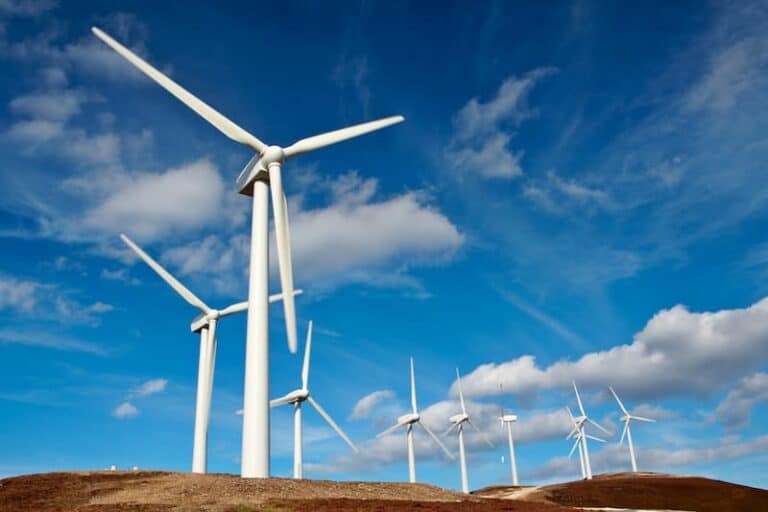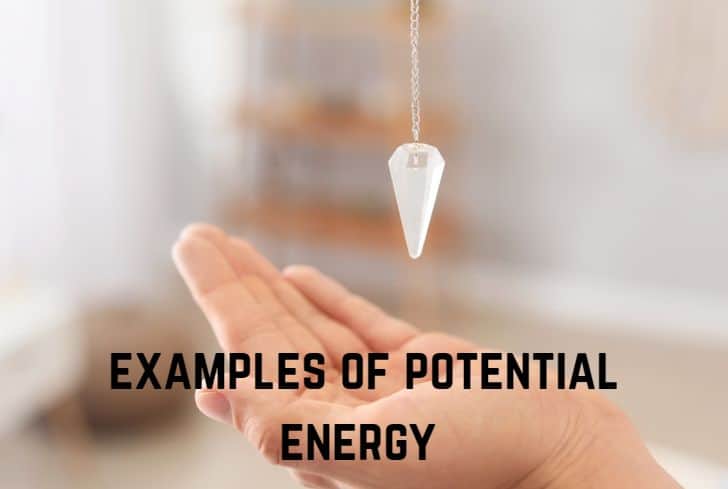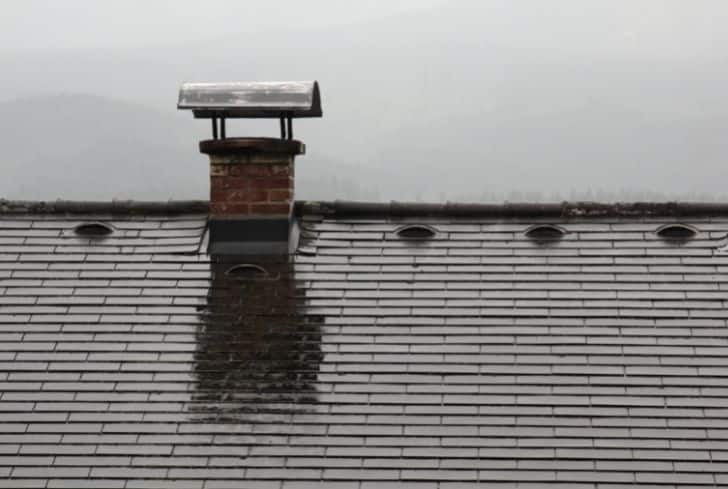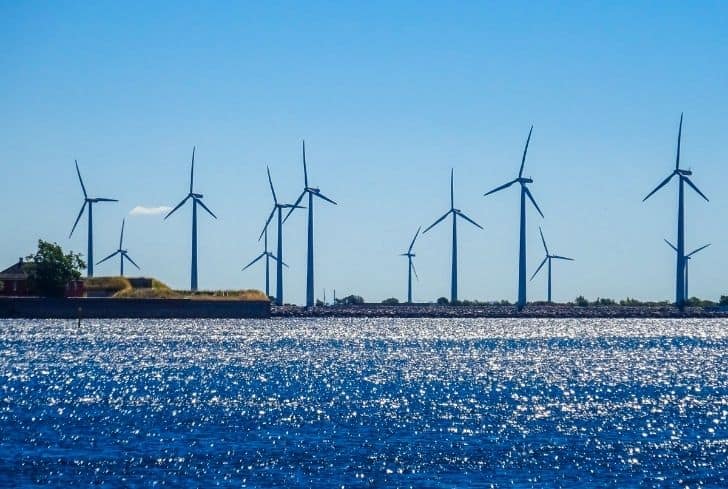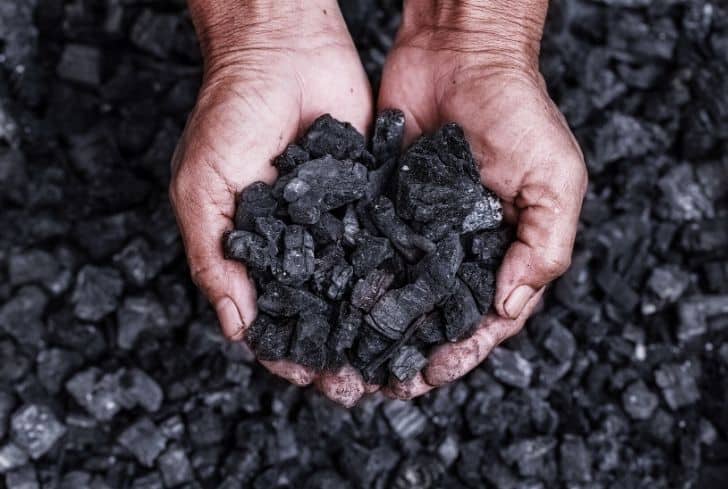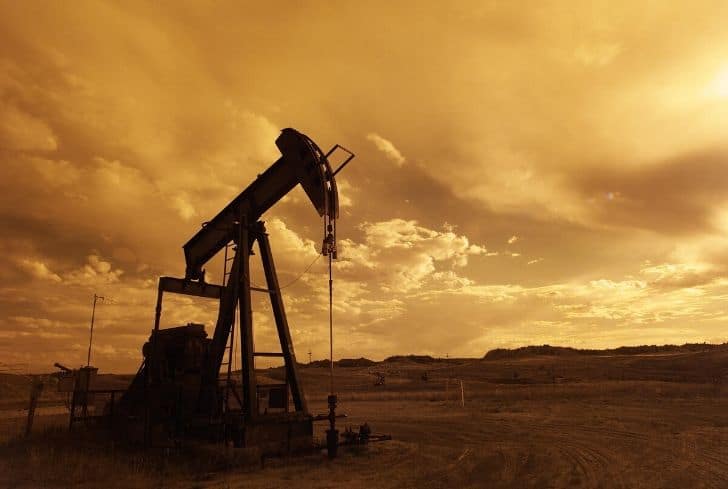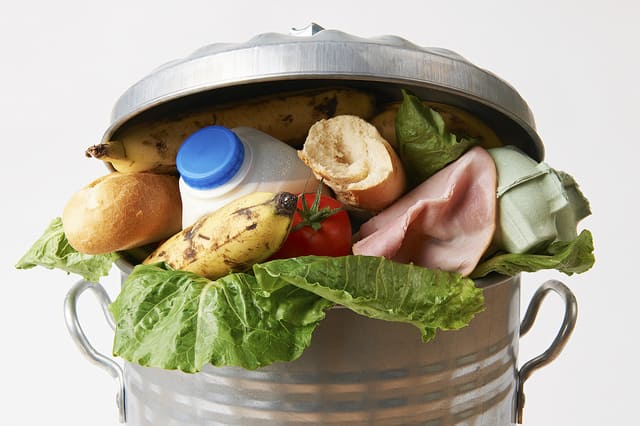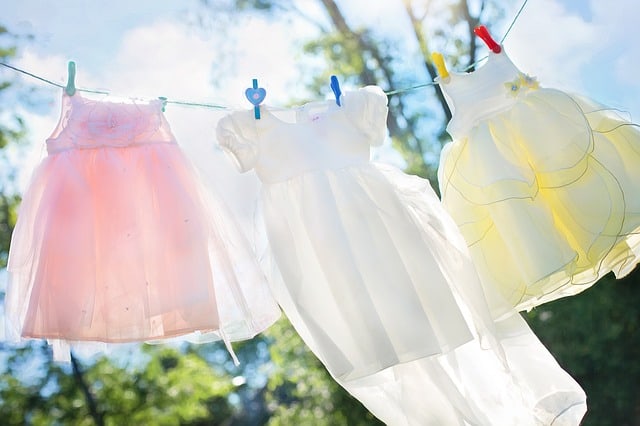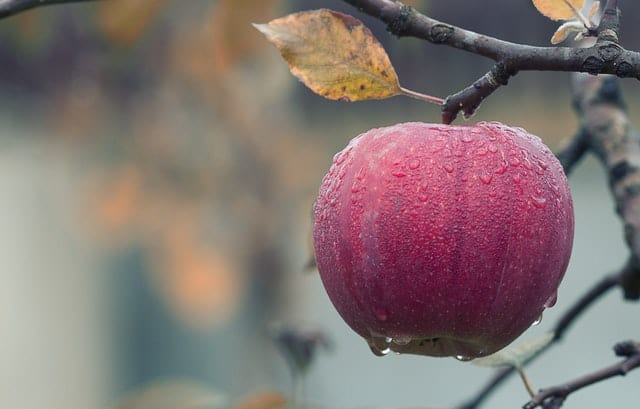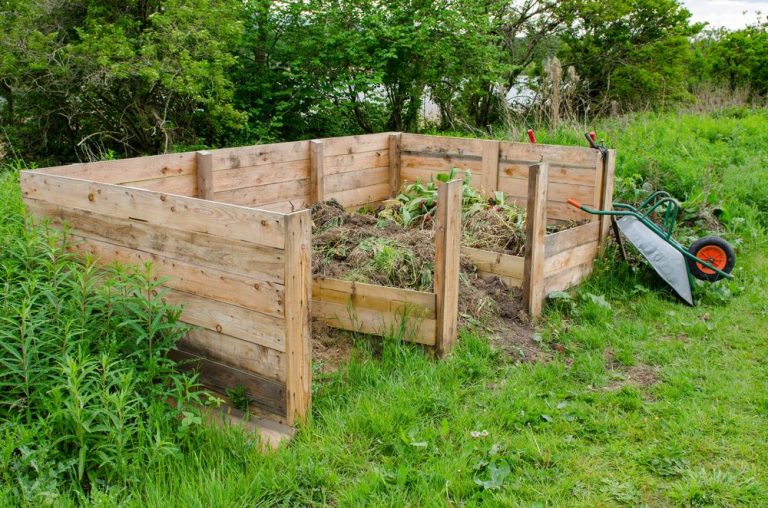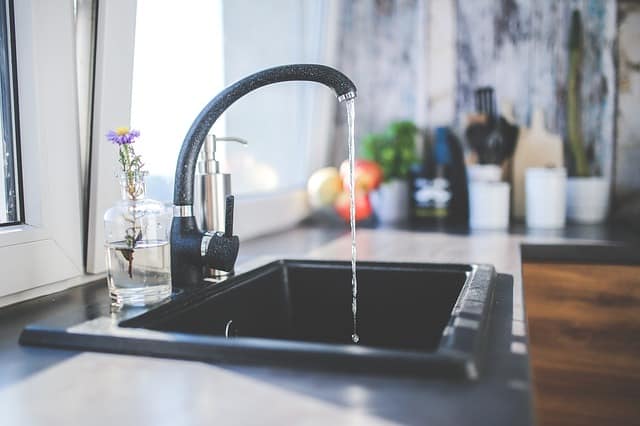How Are Wind Turbines Built?
Wind turbines or windmills are monumental embodiments of renewable innovation, seamlessly converting the kinetic energy of wind into sustainable electrical power. They’re significant in transitioning to more sustainable energy sources as practical solutions to reduce carbon emissions and combat climate change. The intricate construction process of a windmill, which encapsulates the myriad advantages of wind…

